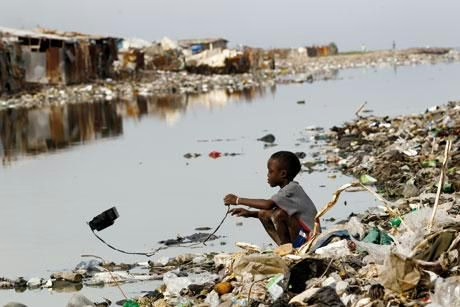Africa CDC and WHO Launch Comprehensive Strategy to Eradicate Cholera Across the Continent
In a recent development, the Nigeria Centre for Disease Control and Prevention (NCDC) revealed a significant surge in cholera infections early in 2025. Between January 27 and February 2, the number of reported cases escalated by 75% compared to the same timeframe in 2024, underscoring the urgent need for coordinated public health interventions.
Rising Cholera Incidence Highlights Urgency for Action
The sharp increase in cholera cases within just five weeks signals a growing public health challenge, particularly in regions where access to clean water remains limited. Cholera, a waterborne disease caused by the bacterium Vibrio cholerae, thrives in environments with poor sanitation and inadequate hygiene practices. This trend is especially concerning given that rural populations often rely on untreated streams and rivers for their daily water needs, increasing their vulnerability to outbreaks.
Continental Initiative to Combat Cholera
In response to this escalating threat, the Africa Centres for Disease Control and Prevention (Africa CDC), in partnership with the World Health Organization (WHO), has unveiled a continent-wide plan aimed at eliminating cholera. This initiative focuses on strengthening surveillance systems, improving water, sanitation, and hygiene (WASH) infrastructure, and expanding access to oral cholera vaccines in high-risk areas.
Strategic Measures and Community Engagement
The plan emphasizes a multi-sectoral approach, combining health education campaigns with infrastructural investments to reduce cholera transmission. For example, recent pilot programs in East African countries have demonstrated that integrating community-led total sanitation (CLTS) with vaccination drives can significantly reduce outbreak frequency. These efforts are complemented by real-time data sharing platforms that enable rapid response to emerging hotspots.
Looking Ahead: The Path to Cholera Elimination
With over 2.9 million cholera cases reported annually across Africa, the stakes are high. The Africa CDC and WHO’s coordinated strategy aims not only to curb immediate outbreaks but also to build resilient health systems capable of preventing future epidemics. Success will depend on sustained political commitment, adequate funding, and active participation from local communities.
As the continent mobilizes resources and expertise, the hope is to transform the current trajectory of cholera transmission, ultimately achieving a cholera-free Africa in the coming decade.


















0 Comments